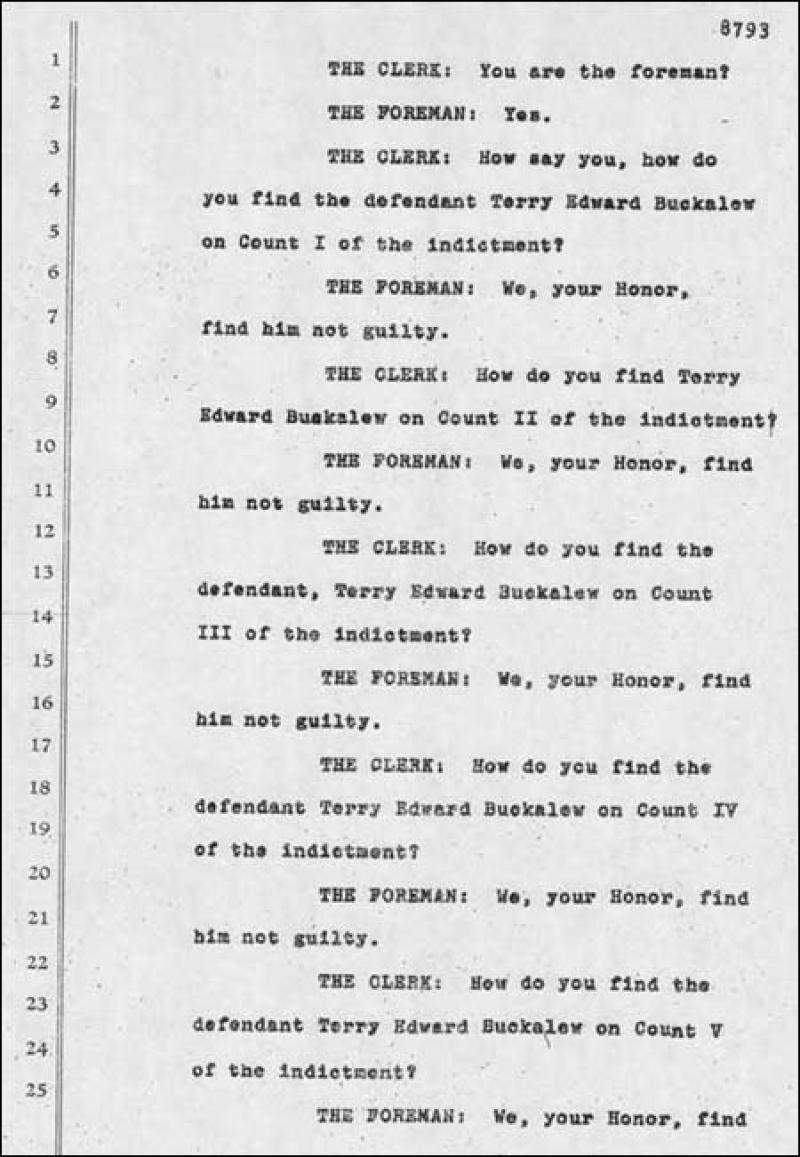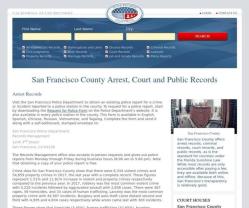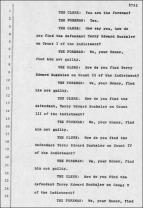Are court transcripts considered public record?
Yes, court transcripts are generally considered public records. However, the accessibility of court transcripts can vary depending on jurisdiction, the type of case, and the rules of the specific court. Here are some general points to keep in mind:
Public Record Status:
- Court transcripts are typically considered public records because they document the proceedings of a court case, and the public has a general right to access information about legal proceedings.
Availability:
- The availability of court transcripts may vary based on the type of court and the level of the court (e.g., federal, state, municipal). Generally, transcripts from criminal and civil cases are more likely to be publicly accessible.
Access Restrictions:
- While court transcripts are public records, there may be restrictions on access for certain sensitive or confidential information. For example, some personal information, trade secrets, or matters involving national security may be redacted or restricted.
Obtaining Transcripts:
- To obtain court transcripts, you may need to contact the court clerk's office where the case was heard. The process for obtaining transcripts can vary, and there may be fees associated with obtaining copies.
Transcript Production Time:
- Court transcripts are usually produced by court reporters or transcribers. The production time for transcripts can vary, and there may be delays in obtaining them, especially in more complex cases.
Electronic Access:
- Many courts provide electronic access to court records, including transcripts, through online databases or court websites. Some jurisdictions may require registration or payment for access to these online systems.
Sealed or Confidential Cases:
- In certain cases, such as those involving minors or sensitive information, court records, including transcripts, may be sealed or made confidential. Access to sealed records is usually restricted, and special procedures may be required to request access.
Appeals and Higher Courts:
- Transcripts from appellate or higher court proceedings are often considered public records as well, but access may be subject to specific rules and procedures.
Privacy Considerations:
- Courts may redact or withhold portions of transcripts to protect the privacy of individuals involved in the case. This could include personal information, sensitive details, or information covered by privacy laws.
It's essential to check the specific rules and regulations of the jurisdiction where the court case occurred to understand the procedures for accessing court transcripts. If you need a court transcript, you can contact the court clerk's office for guidance on how to obtain a copy and any associated costs or procedures.
Are court transcripts available as public records?
Yes, court transcripts are generally available as public records. This means that they can be accessed by the public, with some exceptions. In some cases, court transcripts may be sealed or redacted to protect sensitive information, such as the identities of minors or information related to national security.
How does one request or obtain court transcripts?
The process for requesting or obtaining court transcripts varies from jurisdiction to jurisdiction. However, there are some general steps that you can follow:
Identify the court: The first step is to identify the court where the case was heard. You can usually find this information by looking at the case docket or by contacting the court clerk's office.
Determine the procedure for requesting transcripts: Once you have identified the court, you will need to determine the procedure for requesting transcripts. This information is usually available on the court's website or by contacting the court clerk's office.
Complete the necessary paperwork: Depending on the jurisdiction, you may be required to complete a request form or pay a fee.
Wait for processing: Once you have submitted your request, the court will need time to process it. This may take a few days or weeks, depending on the backlog of requests.
What information do court transcripts generally include?
Court transcripts are a verbatim record of everything that was said in court during a proceeding. This includes testimony from witnesses, arguments from attorneys, and rulings from the judge. Transcripts may also include exhibits, such as documents or photographs, that were introduced into evidence.
Are there fees or procedures associated with obtaining court transcripts?
Yes, there are usually fees associated with obtaining court transcripts. The fees vary from jurisdiction to jurisdiction, but they typically range from a few cents per page to several dollars per page. In some cases, you may also be required to pay a processing fee.
What are the potential limitations on accessing court transcripts as public records?
As mentioned above, there are some exceptions to the general rule that court transcripts are available as public records. These exceptions are designed to protect sensitive information, such as the identities of minors or information related to national security.
In addition, there may be some limitations on the format in which court transcripts are available. For example, some courts may only provide transcripts in paper form, while others may offer transcripts in electronic form.
Finally, there may be some limitations on the length of time that court transcripts are available. In some cases, transcripts may only be available for a limited period of time after the hearing.
I hope this information is helpful. Please let me know if you have any other questions.



